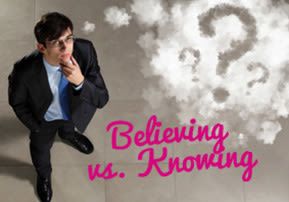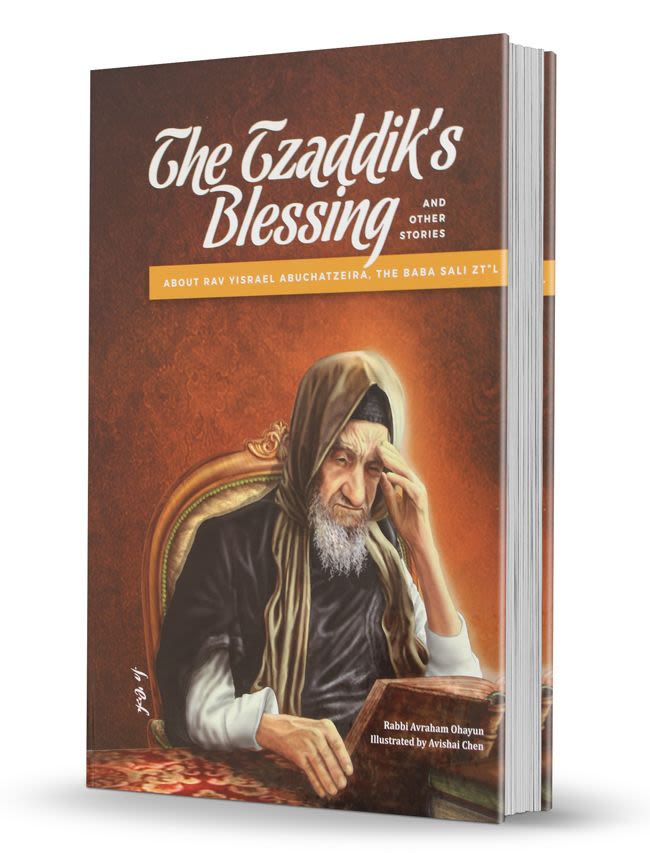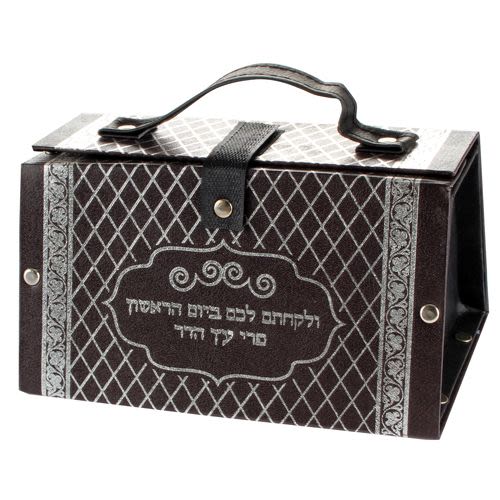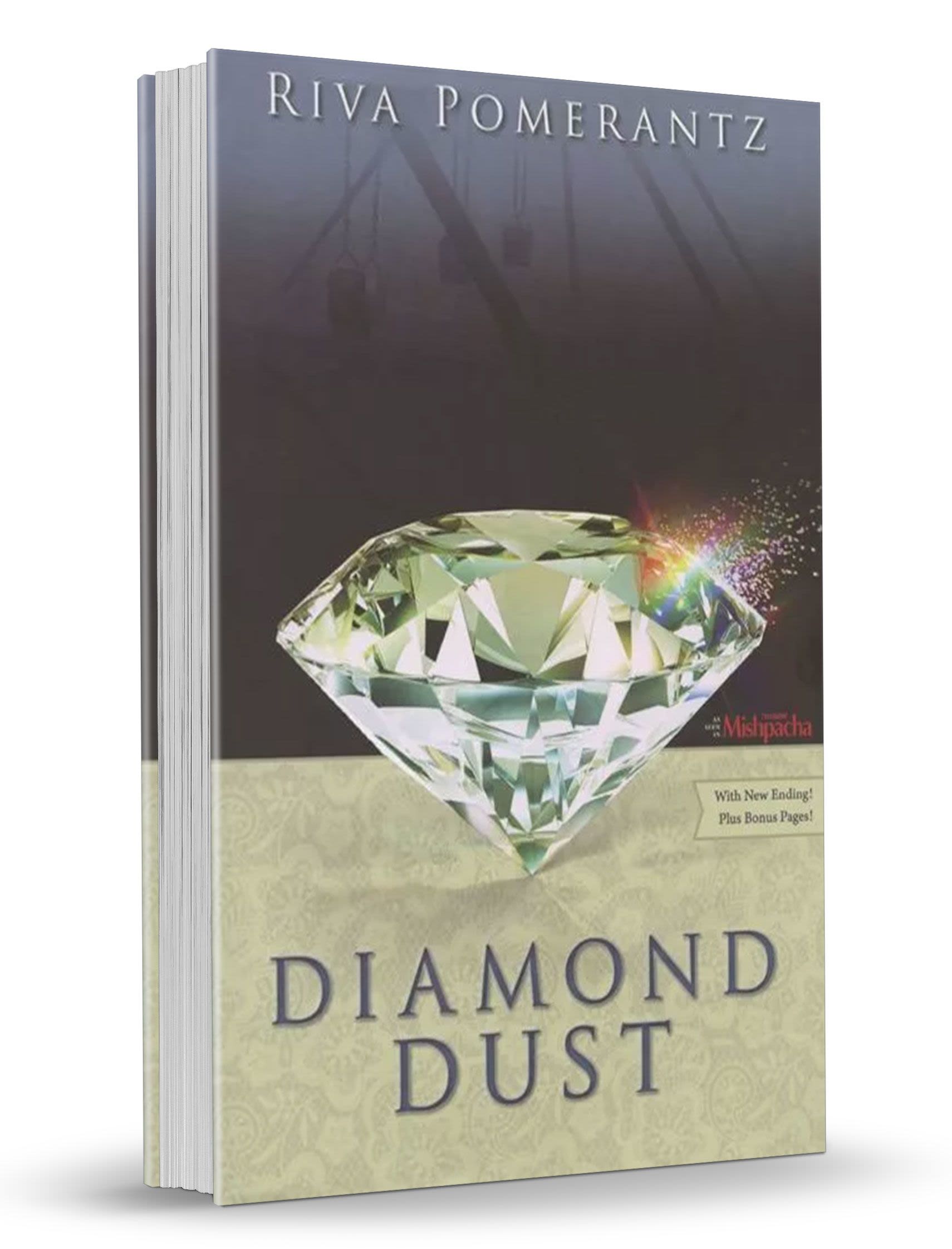
Believing or Knowing
Do we have a belief system? Or do we work an idea or belief intellectually using our minds until it becomes so part of our essence that it is accepted beyond a shadow of doubt?

How do we accept something as truth? Do we live with a belief system? Or do we work an idea or belief intellectually using our minds until it becomes so part of our essence that it is accepted beyond a shadow of doubt? Transferring this question to religion and God, do we believe that God exists or know that He exists?
Ignorant Bliss
Emuna is an innate gift gifted to every Jew – an inborn belief system tied into the core of every Jew. However, contrary to popular belief, living a life of emuna – that is with a keen awareness of God and being faithful to the Torah teachings – does not mean living with blind faith.
A mass experience can trigger a belief to be accepted as a historical fact. God’s existence became universally broadcast through the giving of the Torah on Mount Sinai. Yet, this is only the beginning phase of getting to know God.
We need to enhance our national belief in order to develop it – shifting it from an innate sense of truth to a committed recognition of truth. As the great medieval legalist Rabbi Moses ben Maimon, known as Maimonides (1135-1204), writes in the opening to his detailed work of Jewish law Mishnah Torah, “… the foundation of foundations and the pillar of all knowledge is to know that God exists.”
Maimonides is teaching that we must probe and inquire into God’s existence, and not simply confess our belief. Exerting intellectual effort is a necessary precondition of this process. Though we start with belief and curiosity, the Torah observant Jew must not be satisfied with this belief alone. He must engage intellectually with his belief in order to advance it to the stage of concrete knowledge. It is only possible to make an impact  in our life if we act upon this intrinsic sense and probe it with intellectual rigor.
in our life if we act upon this intrinsic sense and probe it with intellectual rigor.
Belief is the stepping stone that tweets the curious mind to want to know more. As is written in the Mishnah Torah: “It is through attaining apprehension that we as Jews can imbue the world with the realization of God’s existence and His supremacy over the world. It is through apprehension by each of us within the people of Israel that we can truly become, ‘a nation which knows God.”
Proof and Knowledge
Science is a method of proving a phenomenon to be true through observation and experimentation. It starts with a theory (or belief) but must go through the steps of being proven in order to be accepted as truth. Yet even science theories constantly change, requiring them to be examined over again; they are not accepted as absolute truths. Anything that can be intellectually proven can also be questioned and altered.
Thus, arguably even science has limitation when it comes to proving something beyond doubt. In his book “Letters to a Buddhist Jew” (Targum Press, 2004) Rabbi Akiva Tatz writes, “No knowledge, indeed no experience, is absolutely reliable. You have only to think of the convincingly real experience of a dream to realize how flimsy our convictions about reality can be.” Yet he goes on to say, “The appropriate standard to demand is not absolute proof, but rather sufficient evidence. What we need, indeed all we can ever have is sufficient evidence” (evidence that is good and clear enough).
The human mind regularly succumbs to very educated conclusions. For instance we may conclude with almost certainty that there was a car accident upon hearing the screeching of tires on the road followed by a ‘bang’, even though we did not personally witness the incident with our eyes.
We habitually make educated assumptions in life in order to survive. Nevertheless, depending on the importance of the matter at hand we will make a decision to continually probe into the matter or simply accept our educated conclusion.
Hard Intellectual Work
The Torah observant Jew challenges his faith, seeks to understand his emotions, wishes to gain understanding of what is good and evil and is not satisfied with instinctual nature. His moves are driven by his knowledge. He strives to get to know God through studying the infinitesimal details of the Torah laws.
Life does not offer outright clarity on any issue. However, through the desire to seek greater understanding of the Torah and its message, we may be better able to grasp the inner workings of God’s wondrous universe. It is this process of investigation, the intellectual rigor, the sweat born of questioning, rejecting, researching, thinking, and questioning some more that is required of us if we truly want to internalize this belief in G-d.
Belief, Knowledge, Internalization
But can we really stop at knowledge? Religion is not just intellectual it does not just involve the mind. It involves the soul. The soul differs from science. The Jewish soul contains abilities beyond reason since it stems from the infinite. It is the only place where we can attain absolute knowledge.
With a greater depth of understanding, we are able to bind our initial faithfulness to God’s Torah into our own essence. This level of knowledge involves intimate association; closely binding to our beliefs until we allow them to be grafted to our essence. After intellectualizing our original belief, we may reach a place of attaining true, inner, soul knowledge. An internalization of our original belief; an end result borne of hard work.
Intellectualizing again!
Once we have achieved this unwavering internal soul knowledge, then we are able to return and question and play with our knowledge. When a person knows something with certainty, he is not afraid to ask questions since he is loyal to the deep inner truth he has internalized. There is nothing like the calm conviction that radiates with clear comprehension – a place where no doubt rises even when questions appear.
For example a child who undoubtedly knows that his mother loves him will not hesitate to ask, “Do you love me, Mommy?” because deep down he knows the answers. He may simply be seeking verification, reassurance or attention; but he knows. The child that is too insecure about that love will not have the courage to ask.
Conclusion
The path of knowledge begins with a tickling of the senses which drives us to seek a deeper understanding. The emuna seeds which were planted in the core of every Jew lie dormant until each of us begins to water them. The mitzvah to know God is to open the emuna seed planted within and allow that knowledge to blossom in our heart and penetrate every fiber of existence. Ultimately, our lives will blossom with the flower of that knowledge.
* * *
Orit Esther Riter is author of “Daily Dose of Emuna”.










Tell us what you think!
Thank you for your comment!
It will be published after approval by the Editor.